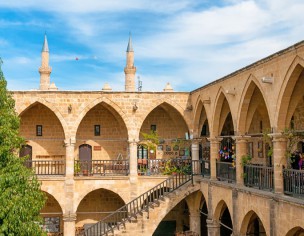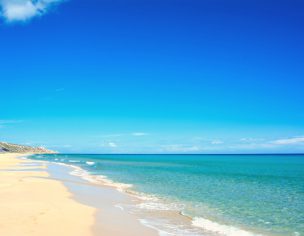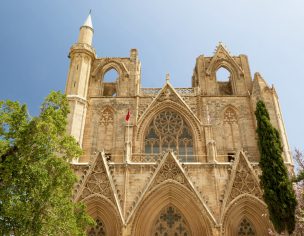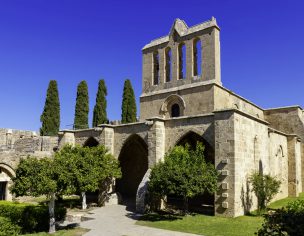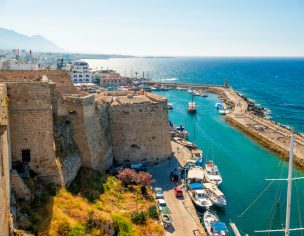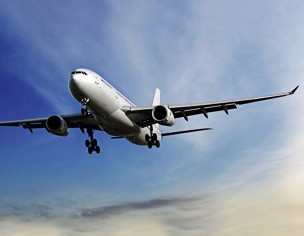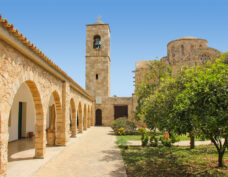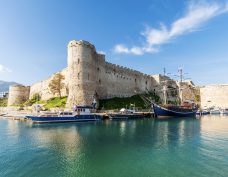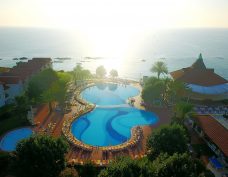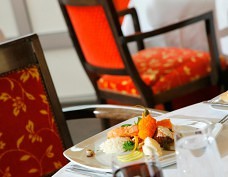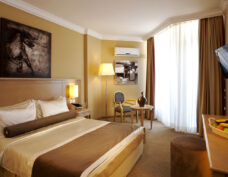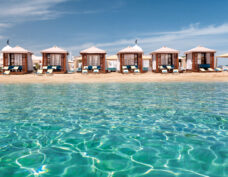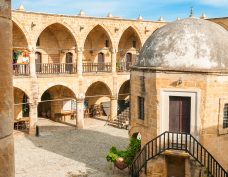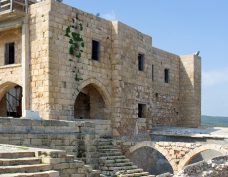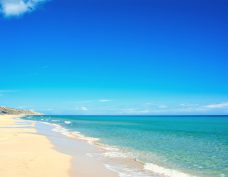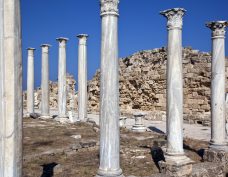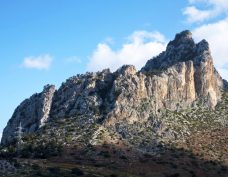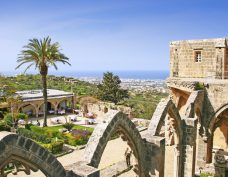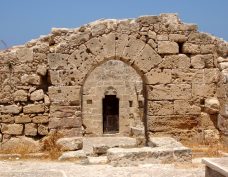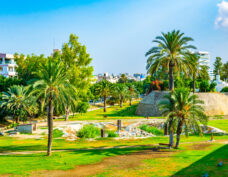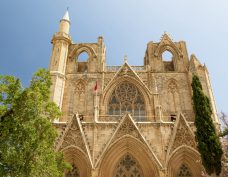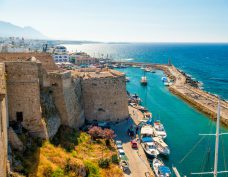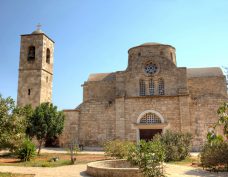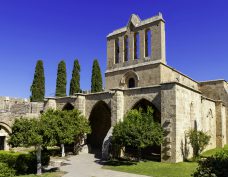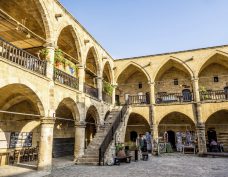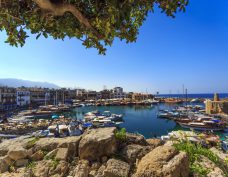Comparison of temperatures
| Jan | Feb | Mar | Apr | May | Jun | Jul | Aug | Sep | Oct | Nov | Dec |
| Nikosia | 16 | 17 | 19 | 24 | 29 | 33 | 35 | 35 | 33 | 28 | 23 | 18 |
| London | 6 | 8 | 9 | 11 | 15 | 20 | 21 | 20 | 19 | 15 | 10 | 7 |
General note:
Below is an information overview. The conditions of entry, as well as the political and health situation, can change anywhere in the world at any time. We therefore recommend checking before your trip. Please check the website of the Foreign Office (www.gov.uk/) before your departure.
Cyprus:
The island of Cyprus is in the eastern Mediterranean and is the third-largest Mediterranean island after Sicily and Sardinia. Geographically, the island belongs to Asia but is regarded as European both politically and culturally.
Cyprus has been divided since 1974. The internationally recognised Republic of Cyprus only controls the southern section of the island, not the northern section which is delineated from the South by a demarcation line (Green Line). Only Turkey recognises the northern section of Cyprus as an independent state. The Turkish Republic of Northern Cyprus comprises just over one-third of the island.
Hand-made carpets, jewellery and leather goods are an integral part and in some cases a centuries-old tradition of oriental culture – which is why our tour also includes a visit to a jewellery maker, a leather merchant and a traditional carpet weaver. Here you will discover some fascinating facts about the art of carpet weaving and see how hand-woven carpets have been made throughout the generations. In interesting demonstrations, you will learn more about preparing the silk threads, natural wool dyeing and very intricate and elaborate knots. You will then get to spend an hour or two in the respective factories looking at the works of art and products.
Bartering is a typical Turkish custom. If you are not interested in buying anything, the traders will also accept a clear no. No bartering takes place in department stores and supermarkets, or at markets where local farmers sell their vegetables.
In Cyprus, it is customary to give tips. Similar to the USA, this forms part of income for people working in the service sector. Moreover, it symbolises recognition for the service provided. One can tip chambermaids £1 per night. In a restaurant or taxi, tipping around 10% of the billed sum is customary. Tips are not given in shops. On group trips, the suggested tip for a tour guide could be £2 per person per day, while for bus drivers the appropriate tip is around £1 – 2 per day per person. Of course, everyone may decide for themselves whether and how much of a tip they wish to give.
Traffic:
In the “Turkish Republic of Northern Cyprus”, traffic drives on the left.
Electricity:
The supply voltage is 240 V, 50 HZ. An adapter is necessary.
Local time:
The time difference between the UK and Northern Cyprus is plus two hours throughout the year.
Making telephone calls:
The country code for Northern Cyprus is 0090 with the zero cancelled before the area code. If you are calling the UK from Northern Cyprus, please dial 0044 and the area code without the zero.
Entry requirements for British citizens:
British citizens do not need a visa for stays of up to 90 days within a period of 180 days. The passport should be valid for at least 6 months from the date of entry, less than 10 years old and should have a full blank page for the entry and exit stamps. As a visitor, your passport will be stamped when you enter and exit Cyprus. Border guards will use the passport stamps to check you are complying with the 90-day visa-free limit for short stays.
Please note: All travellers travelling from Northern Cyprus to the UK must officially enter Türkiye before flying on to the UK. All travellers must pass through the Turkish entry checkpoint at the Antalya airport and then check in again for the connecting flight.
Nationals of other countries are advised to inquire at the Turkish Embassy about the entry requirements applicable to them. Regulations in respect of passport and visa requirements for Cyprus are the responsibility of the Ministry of Foreign Affairs (“MFA”) whose Web site is http://mfa.gov.ct.tr/consular-info/visa-regulations/.
Whilst we endeavour to provide guidance where necessary, we can not be responsible for any problems encountered (whether at any point of entry or elsewhere) in the event that passport and visa requirements are not satisfied.
Crossing the “Green Line”: Travelling between the northern and southern sections of Cyprus does not generally present a problem with valid travel documents at the designated border crossings. Usually, there are no waiting periods.
Tour guides:
Your expert tour guides will be able to provide you with detailed information on the country, people, history, culture etc., and offer advice and assistance in organising your trip. They can also help with room allocation and look forward to welcoming you with initial information. Here you will find out all you need to know and useful information about the trip. We have put together a varied programme including numerous highlights, enabling you to experience the culture and diversity of landscape that Cyprus has to offer, and learn all about the country and its people.
Additional packages:
Although your trip already includes a comprehensive package, you also have the option of choosing added extras. We recommend booking the following packages:
Gourmet package:
This package includes half-board, i.e. delicious buffet every evening with international specialties: only £ 139 per person
Currency in Turkey and Northern Cyprus:
Since 1 January 2009, the currency has once again been called the Turkish lira (TRY). Exchange rate (as at February 2024): 1 GBP = 39.43 TRY; 1 TRY = 0.03 GBP.
Banks/Credit cards:
Euro cheques and travellers’ cheques are accepted by most banks, hotels and bureaux de change. Cash can be exchanged at the banks during business hours: Mon. to Fri., 8 a.m. to 12 midday in summer and Mon. to Fri., 8 a.m. to 12 midday and 2 to 4 p.m. in winter.
ATTENTION: Caution is advised when paying with bank or credit cards as criminals may try to copy the traveller’s bank card and obtain the relevant PIN code without being noticed to then withdraw cash from cash machines using fake cards. Travellers are therefore advised to keep an eye on their bank card when paying with it and to enter their PIN number with discretion. Care should also be taken when using bank and credit cards with PIN code in exchange offices.
Customs regulations:
The following regulations apply for tourists: import of foreign currency is unlimited. As for exporting currency, a total amount of 5,000 US dollars or the equivalent in TRY is permitted.
Travellers may import and export personal jewellery to a total value of 15,000 US dollars. Any value higher than this must be declared when entering the country. Documentation is required for purchases made in Cyprus. Otherwise, the following goods per person may be carried upon entry into Turkey (does not apply to transit travellers): personal belongings as items for personal use, incl. medical articles (devices) and medicine as well as giftware to a value of £ 250.
The purchase, possession and export of “cultural and natural properties” is severely punished (prison sentence of up to 10 years), as this property is regarded as state-owned assets. In case of violation, several months of custody and high bail fees (currently approx. £ 7,540) are common procedure for tourists, too, even if they hold antiques or old objects of supposedly small value. In individual cases, prison sentences are imposed. You are therefore urgently advised not to acquire or take along antiques, old coins, fossils etc. from retailers.
Important: If you are travelling to Great Britain from outside the UK, your personal allowances mean you can bring in a certain amount of goods without paying tax or duty. If you go over your allowances you must declare all your goods and pay tax and duty on all the goods in that category. Please inform yourself about the current customs regulations: www.gov.uk/bringing-goods-into-uk-personal-use/arriving-in-Great-Britain
Please note:
Photographs may not be taken near the buffer zone and military facilities throughout Cyprus. Such bans may not always be indicated.
Medical information:
At least 8 weeks before your trip, check the latest country-specific health advice from the National Travel Health Network and Centre (NaTHNaC) on the TravelHealthPro website (https://travelhealthpro.org.uk/countries). Each country-specific page has information on vaccine recommendations, any current health risks or outbreaks, and factsheets with information on staying healthy abroad. Every traveller should be sufficiently protected against tetanus and polio as well as hepatitis, if needs be. Caution is advised when eating uncooked food, unpasteurised dairy products (e.g. fresh milk, ice cream) and fruit that can not be peeled. Please avoid drinking tap water and ice cubes in drinks! Rule of thumb: do not eat anything that can not be cooked or peeled!
The costs of medical treatment in the northern part of Cyprus are not generally covered by British health insurance companies. Take out comprehensive travel and medical insurance before you travel. Make sure you have private travel health insurance. Such policies usually also offer benefits not covered by state health insurance companies, e.g. the costs of repatriation.
Customers should ensure that they are physically and psychologically fit for undertaking the selected trip and make the necessary queries concerning the level of physical and psychological fitness required. Please observe that the excursions are accessible by foot only and that the buses used for the roundtrip are not customised to transport wheelchairs or similar devices.
All information is subject to change/Last updated: February 2024
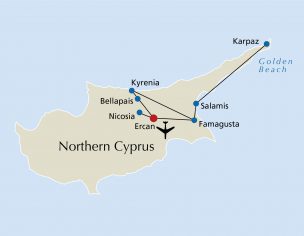
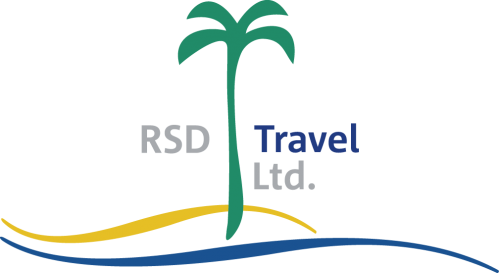
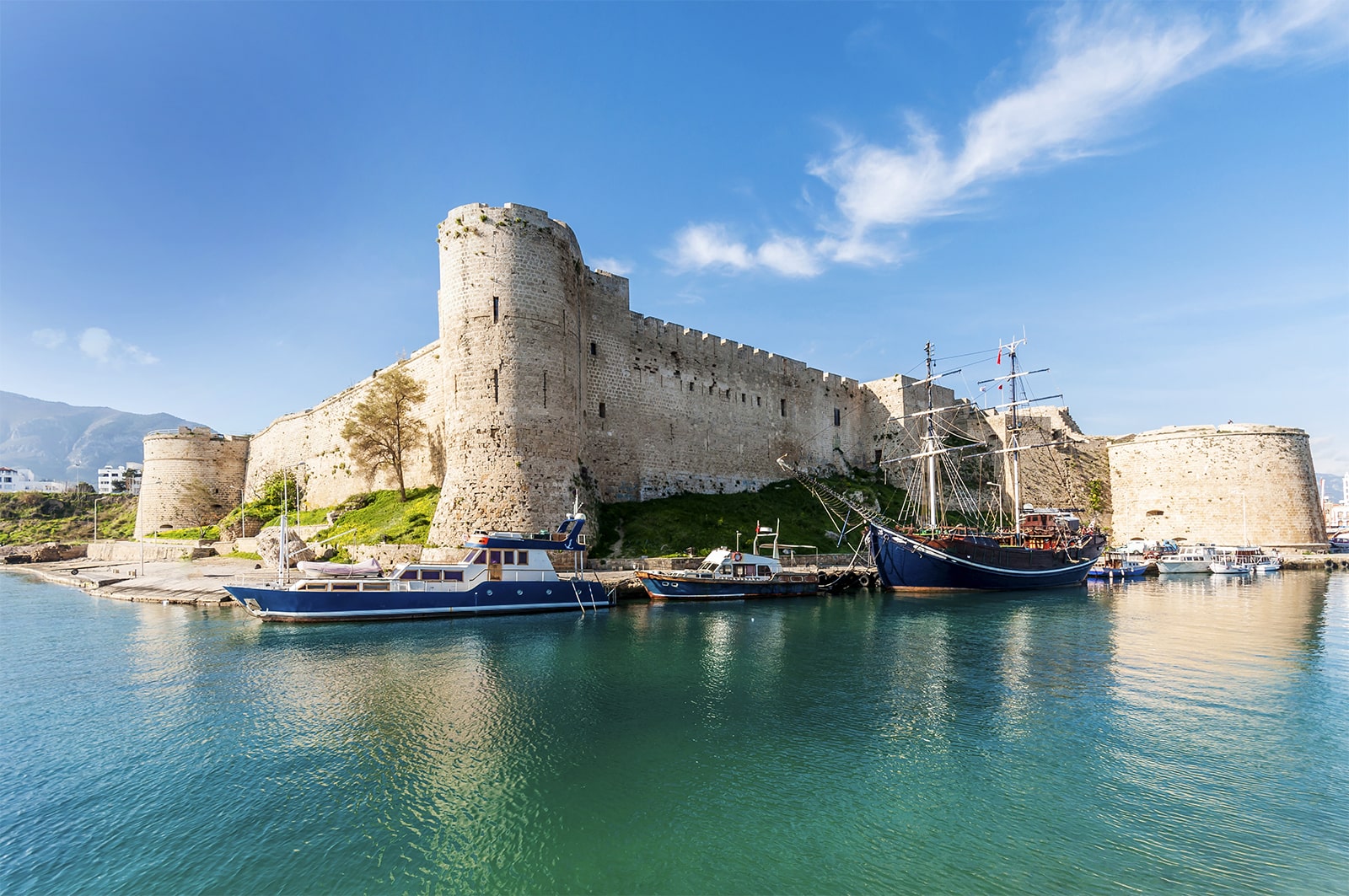
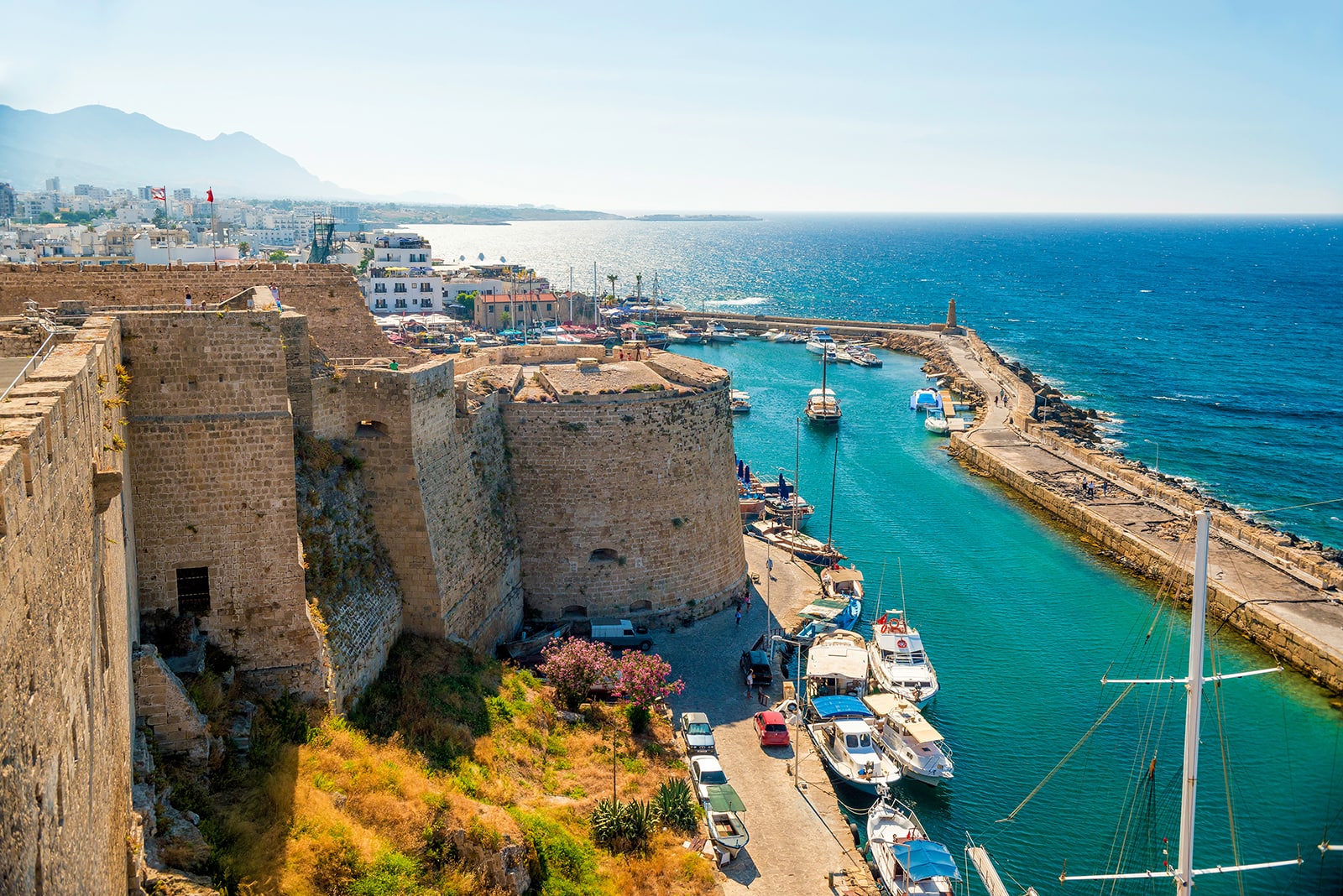
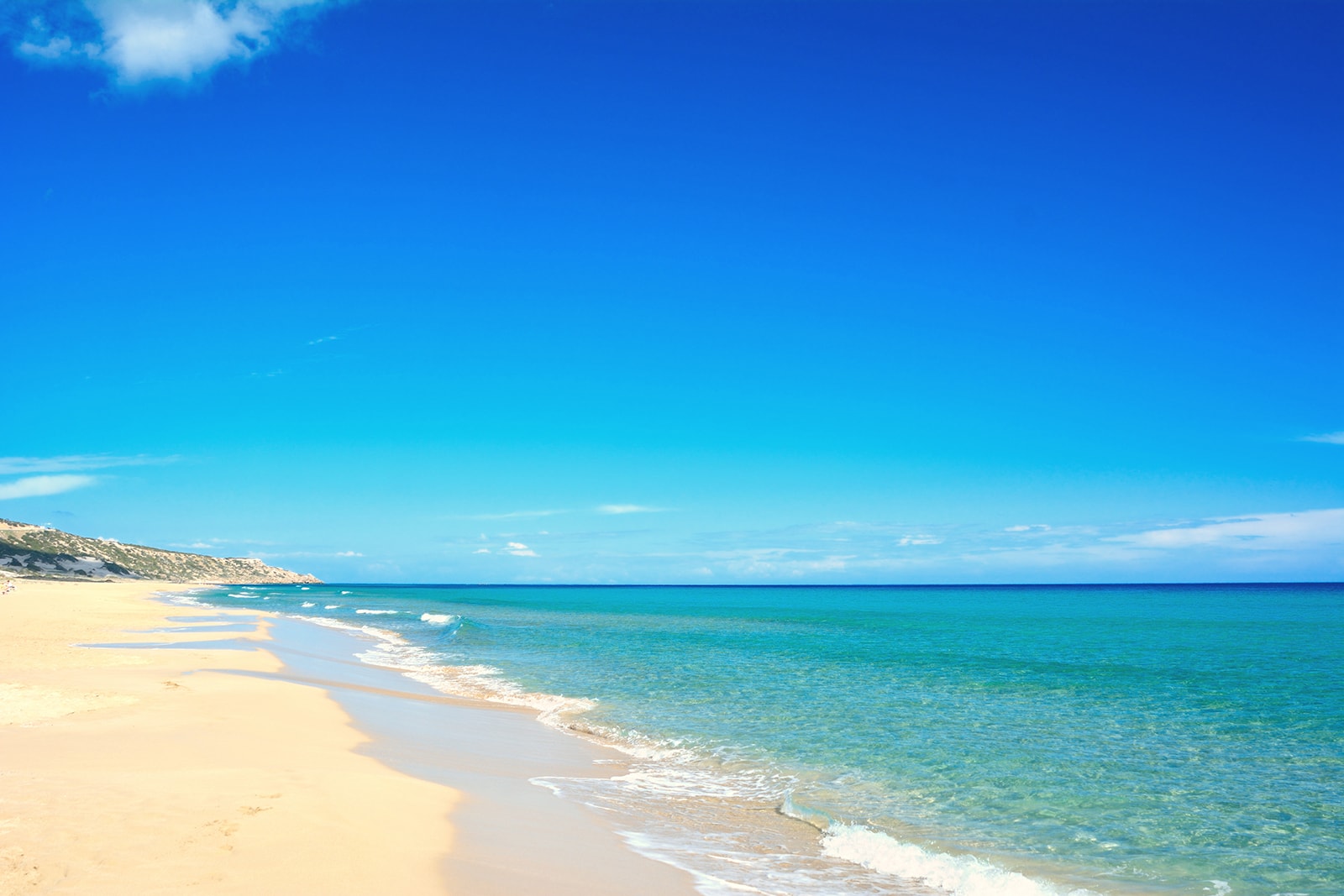
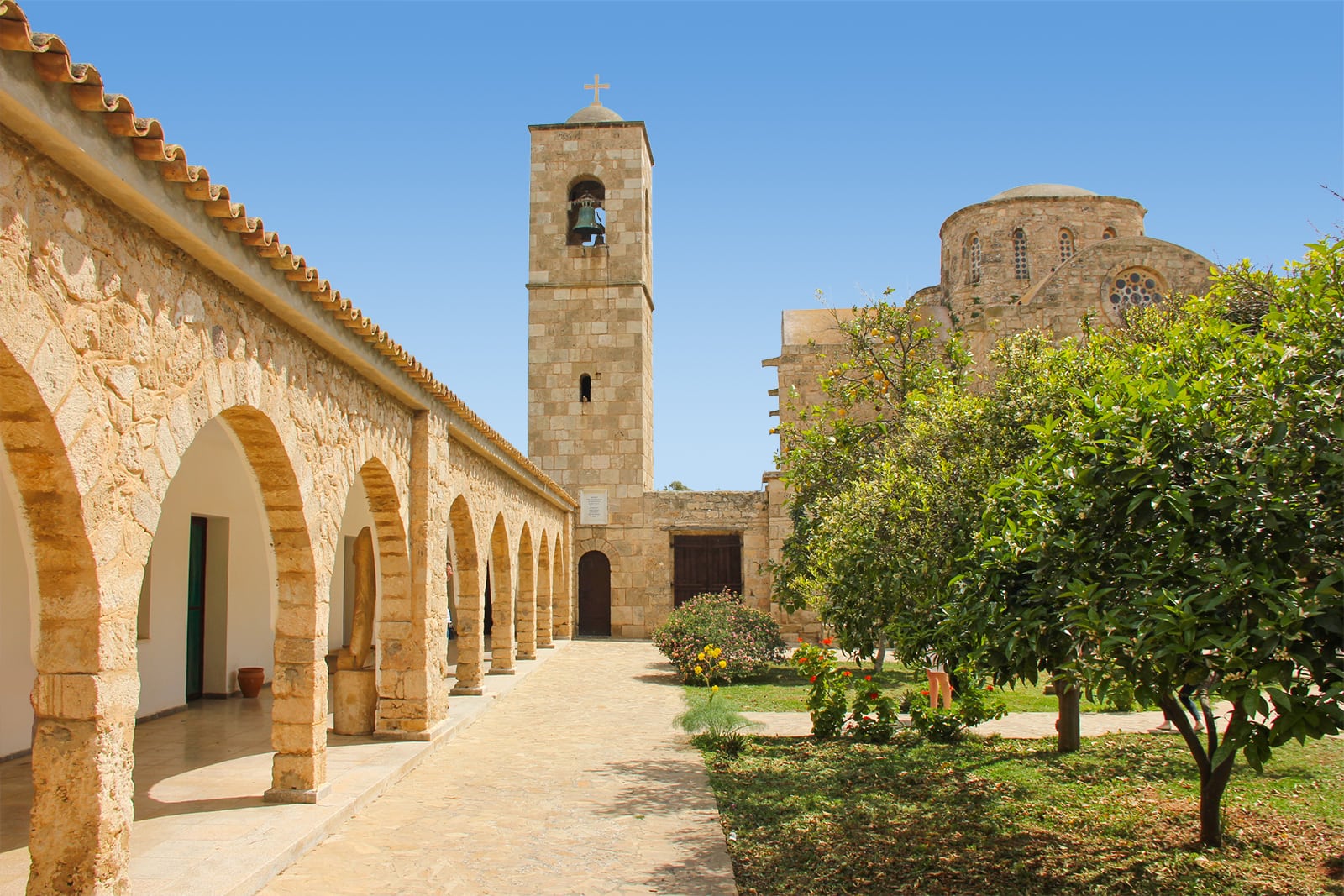
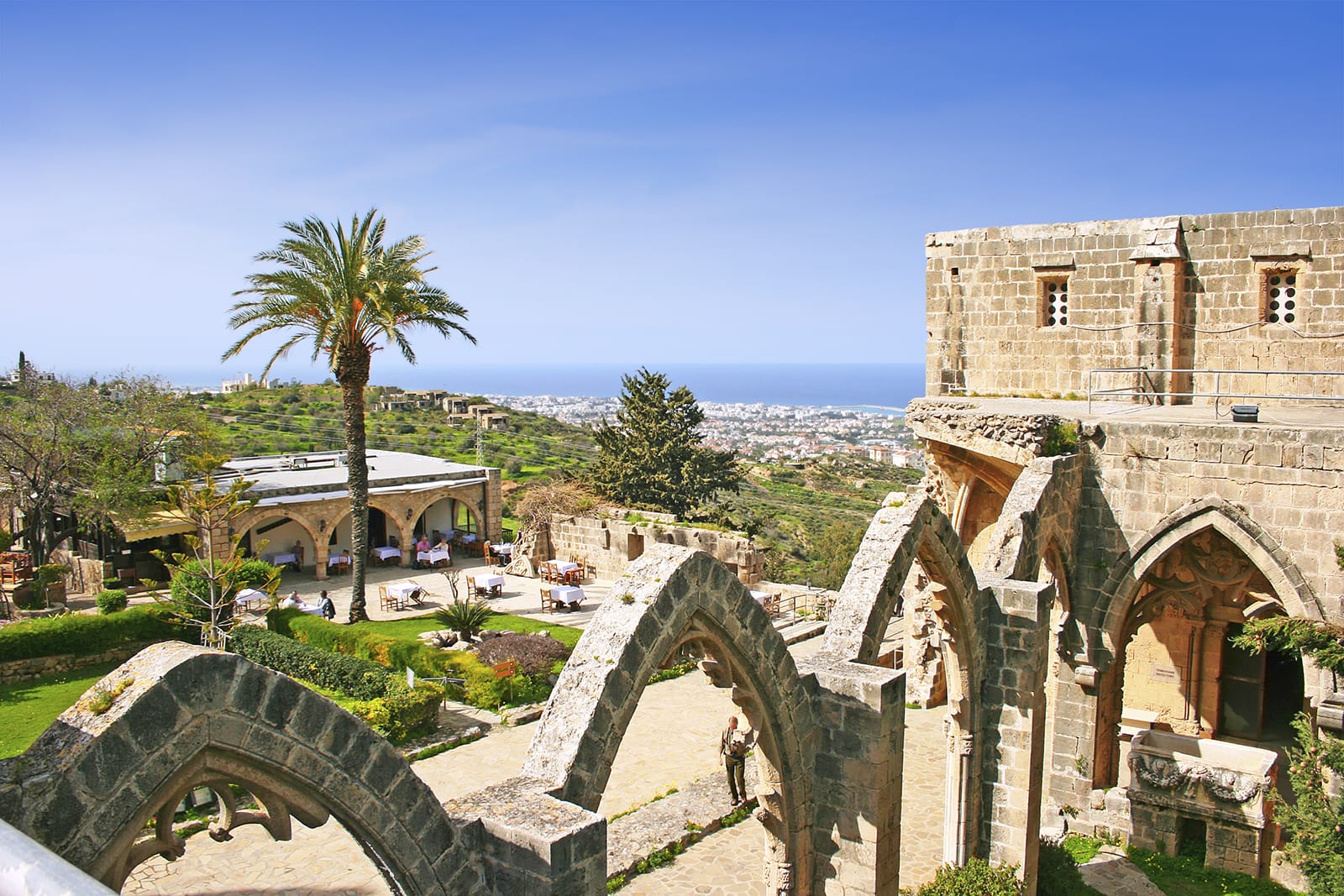
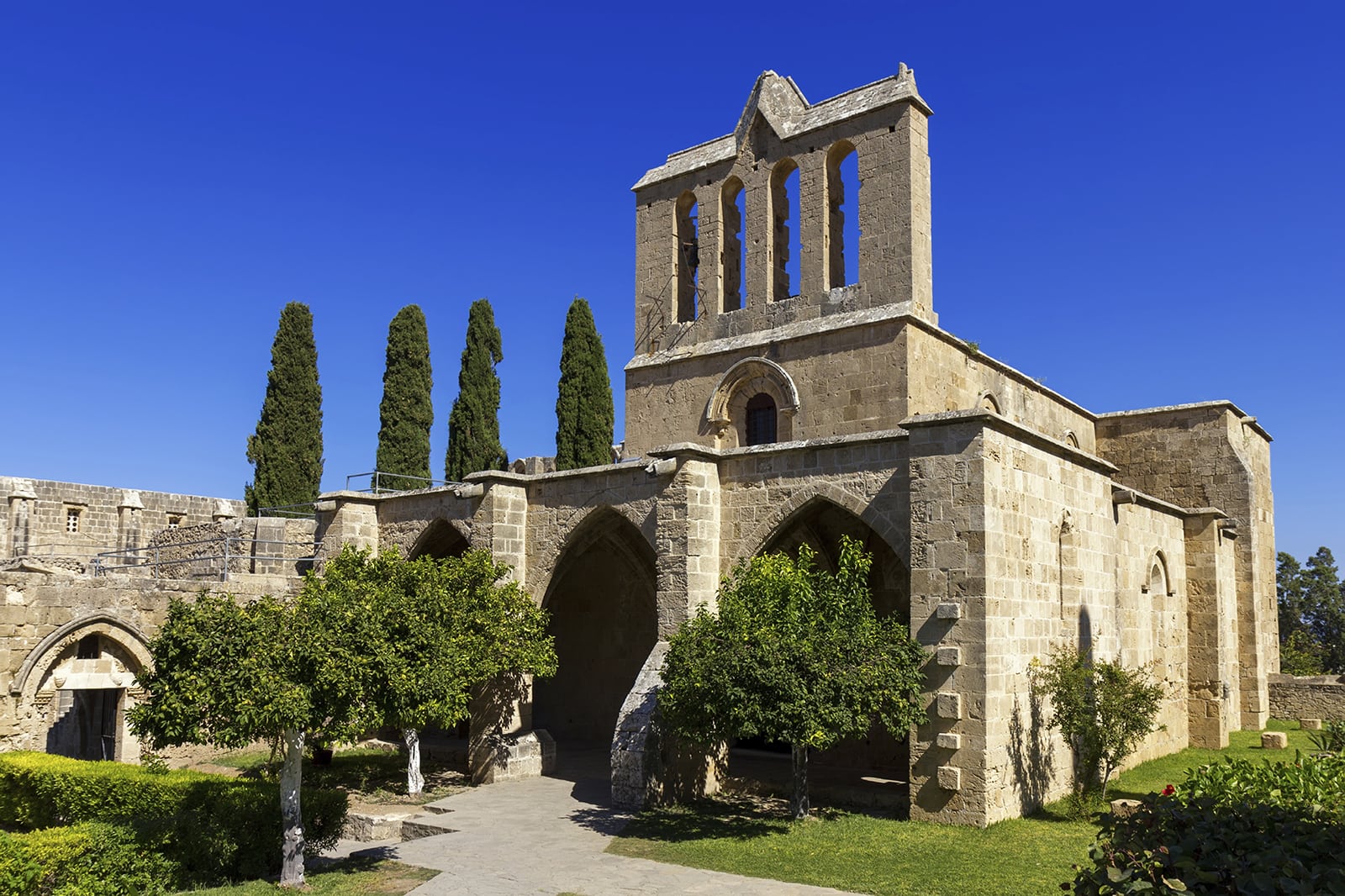
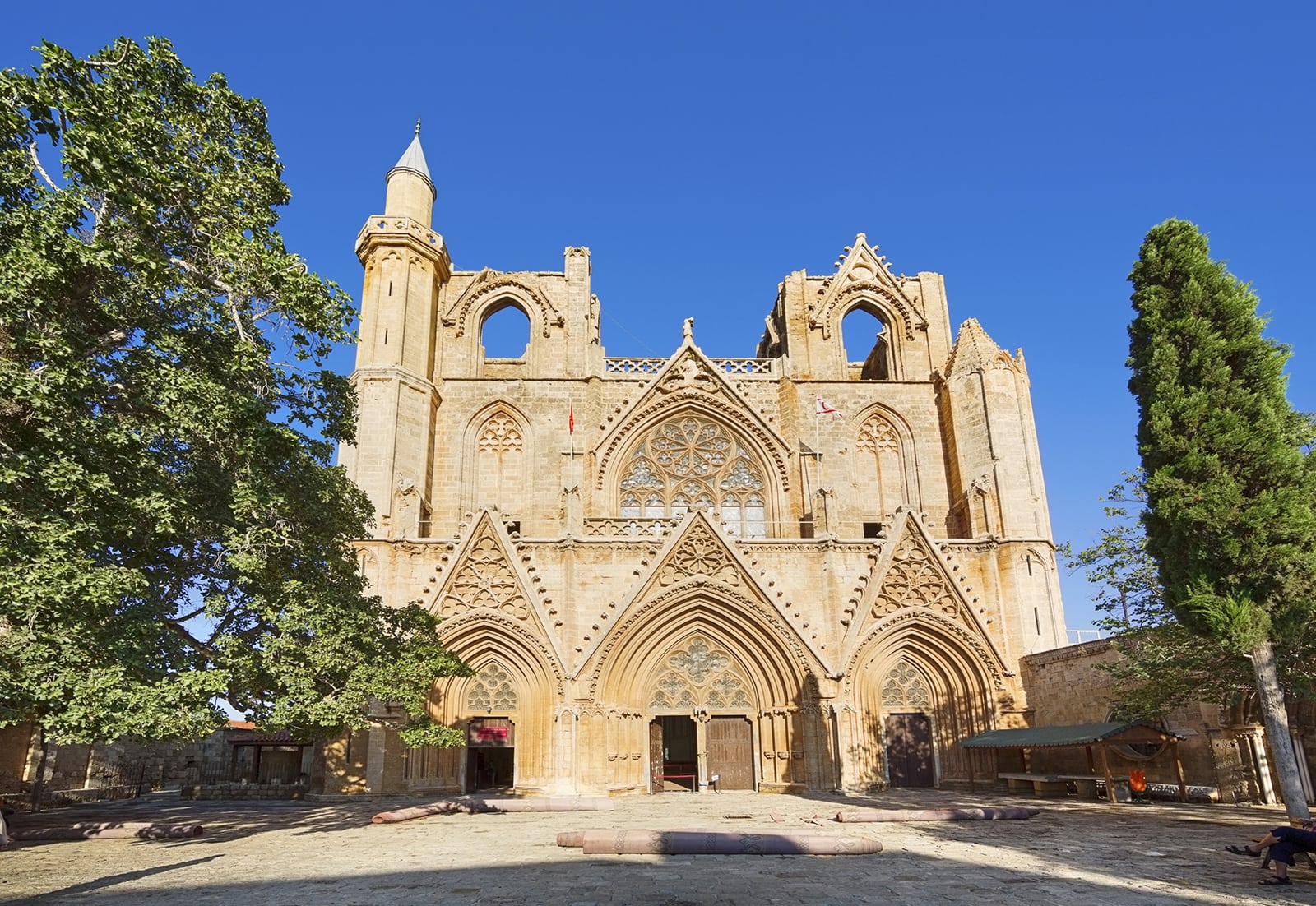
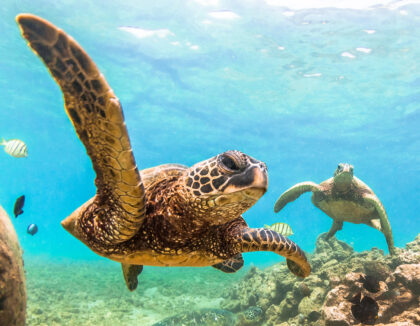 Travel highlights
Travel highlights
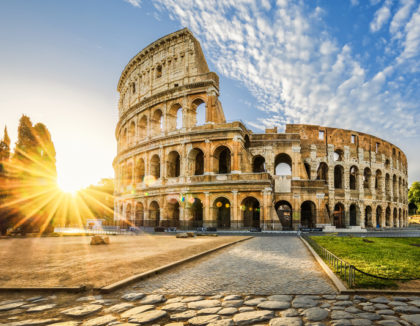 Europe
Europe
 Asia
Asia
 America
America
 Africa
Africa
